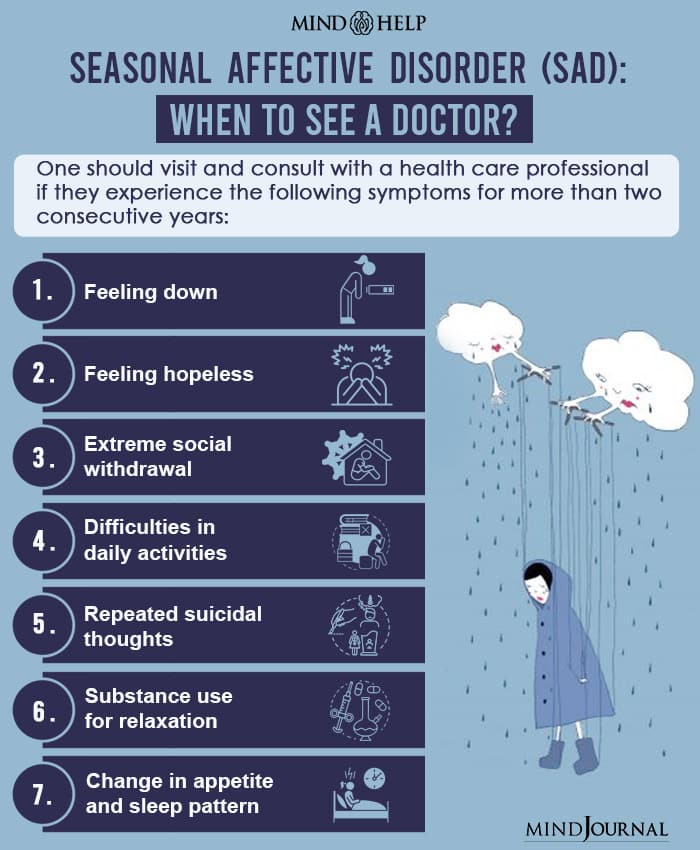Have you ever wondered how heat waves affect mental health? Do you know that extreme heat can influence our everyday mood?
As temperatures rise, what is the potential negative effect on mental health and our psychological well-being?
Delve into the link between heat waves and mental health, and explore coping strategies to stay mentally resilient during scorching weather.
Read more here: Feeling Down During Summer? It Might Be Summertime Depression
How do Heat Waves Affect Mental Health? Exploring The Link Between Heat Waves And Mental Health
Heat waves affect mental health in various ways, and researchers have been studying this phenomenon for several years. One of the key findings is that extreme heat impacts our everyday mood.
As the mercury rises, people may experience heightened irritability, frustration, and difficulty concentrating. The oppressive heat can lead to restless nights, exacerbating feelings of anxiety and stress.
Multiple scientific studies have demonstrated a strong correlation between heat waves and mental health.
For instance, a research paper published in the Journal of Applied Psychology (2020) investigated the psychological effects of prolonged heat exposure.
The study surveyed individuals during a severe heatwave and found a significant increase in self-reported feelings of sadness and hopelessness.
Another study by the National Institute of Mental Health (NIMH) in 2021 examined the effects of extreme temperatures on mental health across different age groups.
The results revealed that young adults and the elderly were more vulnerable to experiencing adverse psychological effects during heat waves, including increased depression and anxiety.
Read more here: Surviving the Dark Days: 6 Effective Strategies for Combating Seasonal Affective Disorder (SAD)
The Risk Of Summer Seasonal Affective Disorder (S-SAD)
Seasonal Affective Disorder (SAD) is typically associated with the winter months when sunlight is scarce.
However, research suggests that heat waves during summer can also trigger a related condition called Summer Seasonal Affective Disorder (S-SAD).
People affected by S-SAD may experience mood fluctuations, loss of interest in activities, and changes in appetite, leading to weight fluctuations.
Dr. Sarah Johnson, a psychiatrist from the Mental Wellness Institute, stated that S-SAD is often overlooked but can be just as impactful as its winter counterpart.
She mentioned that during heat waves, individuals may feel socially isolated, fatigued, and emotionally drained, which can further affect their overall well-being.

Vulnerable Populations
Certain groups are particularly susceptible to the negative effect on mental health from heat waves. The elderly, young children, pregnant women, and individuals with pre-existing mental health conditions are at higher risk.
Moreover, those living in urban areas may also face additional challenges due to the urban heat island effect, where cities experience even higher temperatures than surrounding rural areas.
Read more here: Seasonal Affective Disorder (SAD): How Seasons Can Affect Our Mood And Life
Coping Strategies And Support
During heat waves, it’s crucial to prioritize mental well-being alongside physical health. Here are some coping strategies and support to consider.
Stay Hydrated
Drinking plenty of water can help regulate body temperature and maintain cognitive function.
Seek Shade And Air-Conditioned Spaces
Avoid direct sunlight during peak heat hours and spend time in cool indoor environments.
Limit Outdoor Activities
Reduce exposure to extreme heat by limiting outdoor activities, especially during the hottest parts of the day.
Stay Connected
To counter feelings of isolation and loneliness, it’s important to sustain social connections.
Reach Out For Help
If you or someone you know is struggling with their mental health during a heatwave, seek support from friends, family, or mental health professionals.
Heat waves affect mental health more than we might realize, impacting our mood and potentially leading to conditions like Summer Seasonal Affective Disorder.
As temperatures continue to rise due to climate change, it becomes increasingly important to recognize and address the mental health challenges associated with extreme heat.
By staying informed and taking proactive steps to protect our well-being during heat waves, we can promote better mental health for ourselves and our communities.









Leave a Reply
You must be logged in to post a comment.